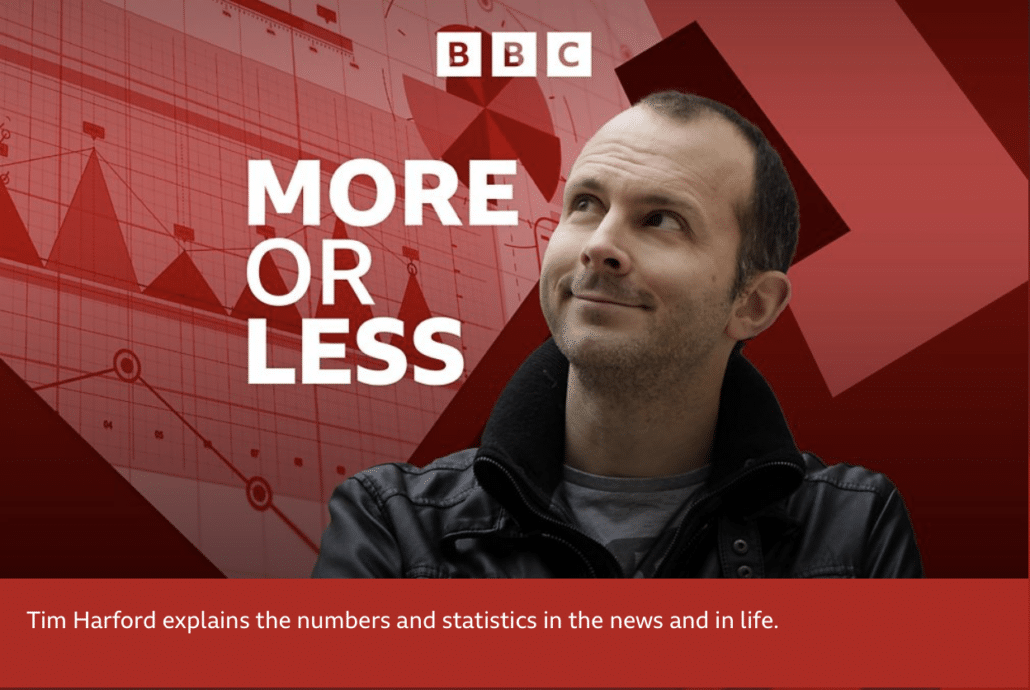Public Speaking: Feel the Fear and Do it Anyway
I have recently bought a motorhome. The fear of driving it for the first time was paralysing. The thought of parking it caused me to wake up in a cold sweat on more than one occasion. But after a few outings, I have got used to it and now realise it is easier to drive than my car. The two rear cameras (replacing a rear view mirror) were an absolute revelation.
Whilst driving my van last week I listened to one of my favourite BBC Radio podcasts, Tim Harford’s More or Less. In this edition, Harford investigated and then demolished that often quoted myth that a majority of people fear public speaking more than death.
Turns out that this was based on a not very scientific piece of research in 1973 (a telephone survey in the US) in which people were asked to rate what they feared most, out of a list of 14 choices. It was some clever journalist at The Times who wrote the research up with the line ‘public speaking feared more than death’.
You can hear the 9 minute explanation here.
Those of us that teach, or coach, communication skills already knew that this ‘fear’ of public speaking was grossly over-rated, and is something that can be relatively simply dealt with.
As with driving my van, public speaking takes many out of their comfort zone. But exposure and a modicum of success, means the fear quickly fades.
That is what is so interesting to me. So many people fear public speaking until they actually have a go, do a bit of practice, actually do some work on it. For most those ‘nerves’ almost disappear in a couple of hours work. We see it in the training room.
We are always keen to point out that nerves should not disappear completely: actually, a bit of a flutter in the stomach means you are taking it seriously. Plenty of presenters, actors and speakers admit to living and working with ‘stage fright’ every day.
Strangely, what most people get wrong about public speaking is that they think they shouldn’t have to try too hard. The whole idea of ‘just be yourself’, ‘say what comes naturally’ and so on, is in my view, the worst advice in the world.
To be a speaker you need to have something interesting to say, and you need to say it in an interesting way. You should not think you have a right to bore people.
Finally, I would note that learning to speak in public is a huge benefit to you in your career. You don’t need ambition to be a keynote speaker or a TED Talk favourite. Just being able to competently give a presentation or do a turn in a Town Hall meeting when the need arises, will put you on the map and earn the respect of colleagues, especially if you can do it without being boring.
So, my advice is neatly captured in the title of a once famous self-help book: ‘Feel the Fear and do it Anyway’. (Susan Jeffers 1987.) Just like driving a motorhome, take it seriously, think about it, seek advice and then do it.
If you feel you need help in overcoming a fear of speaking, or to become a better speaker do get in touch: either email enquiries@themediacoach.co.uk or phone +44 (0)20 7099 2212.
- A Behind-the-Scenes TV Cheat… and Why It Works - November 26, 2025
- What Should I Do With My Hands? - November 19, 2025
- A Jar of Marbles and the Power of a Simple Story - November 12, 2025






Leave a Reply
Want to join the discussion?Feel free to contribute!